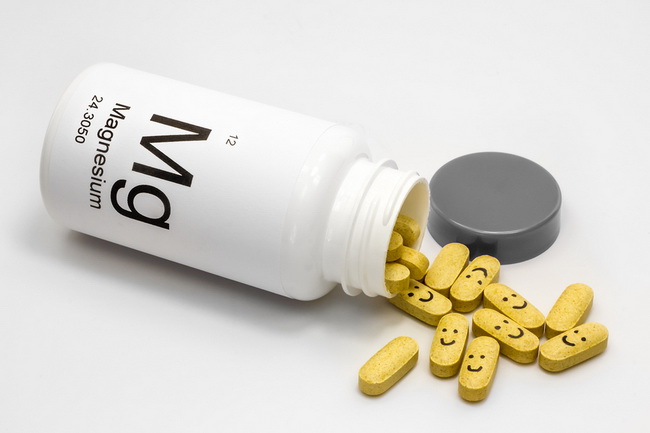- Make It Yourself Lavender Heart-Shaped Bath Bombs!
- 20 Things You Never Knew About “Down There”
- 12 Best Foods For Those Suffering From Arthritis Pain
- 12 Personal Hygiene Mistakes Almost Everyone Makes (Mom Never Told You About #4!)
- 15 Medicinal Plants And Herbs From The Cherokee People
- 12 Mind-Blowing Benefits Of Drinking Coconut Water During Pregnancy
- 12 Outstanding Winter Foods That Won’t Fatten You Up Like A Christmas Turkey
You Won’t Believe the Toxins in Your Vitamins, Supplements, and Health Foods

Photo credit: bigstock.com
10. Magnesium Stearate and/or Stearic Acid
Although these sound like harsh names, they are actually lubricants used in many supplements to stop capsules from sticking together. Both of these compounds have been connected to a lowered immune system as well as various other health issues. Magnesium stearate is not a real source of magnesium; essentially, it’s chalk. Research studies have shown that magnesium stearate suppresses your body’s immune system and its white blood cells. Magnesium stearate actually forms a biofilm to form in your digestive system, which inhibits the absorption of other vitamins and minerals.
11. Inorganic Compounds
If you think about it, inorganic compounds can be just about anything from sawdust to plastic. Almost all of those cheap vitamins from China contain barium, lead, or iron. Much better to get your minerals from plants rather than crushed rocks or seashells.
12. Hexane-Extracted Rice and Soy Protein
Read your protein powder label. If your product is made in china, almost all soy and rice proteins are extracted with a dangerous chemical called hexane. This explosive chemical causes tons of pollution and is not good for your health. Read labels carefully and always buy organic certified. Don’t be fooled by the words “natural” as it means next to nothing, especially when talking about products made in other countries with little or no standards.
To avoid some of these pitfalls, read labels very carefully. Look for vitamins or mineral supplements and protein powders that stay as close as possible to their natural, whole food form. Look for companies that have long histories of providing high quality products. If you can find a company that states that they follow industry standards and have a certification by GMP (Good Manufacturing Processes). Also, check with consumer watchdog groups that test supplements and provide reports with vital information such as Consumer Reports.
Vitamins, minerals, supplements, and protein powders can really help to compensate for some of the damage that our bodies endure through our modern lifestyle, however, they will not make up for a poor diet or unhealthy lifestyle. There is simply no amount of supplements, no matter how high quality they might be, that will make up for a junk food diet. Whole, natural, organic foods are far, far better for your health than any multivitamin will ever be.
References:
































